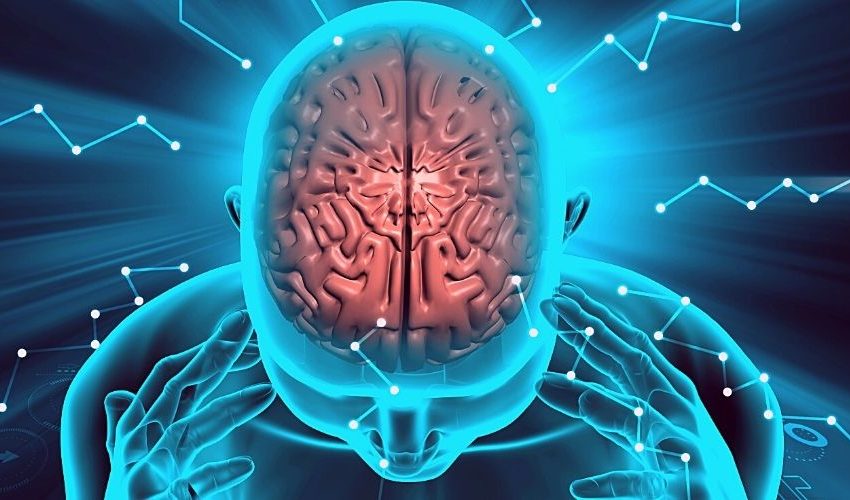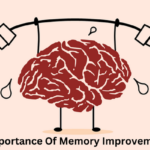Meditation for Memory: The Secret to a Sharp Mind

Introduction
Welcome to Meditation for Memory. Memory is an integral part of our lives. It is what helps us remember important events, people, and experiences. But with the constant barrage of information and distractions in today’s fast-paced world, it’s not uncommon to struggle with recall and focus.
Many people turn to memory-enhancing drugs or brain training exercises, but what if there was a simple and natural way to enhance your memory? That’s where meditation comes in.
Meditation has been practiced for thousands of years and has been proven to have numerous benefits for mental and physical health. It can help reduce stress, improve sleep and even boost creativity. But did you know that meditation can also improve your memory?
In this article, we’ll explore the science behind meditation for memory and give you tips on how to incorporate this practice into your daily routine.
Understanding the Science of Meditation for Memory
Meditation has been shown to have a direct impact on the brain and its ability to process and store information. The practice of mindfulness and concentration during meditation increases the activity in the hippocampus, the part of the brain responsible for memory and learning.
Research has shown that when people engage in meditation, the hippocampus region of their brain grows thicker, allowing them to better process and store information. Additionally, the prefrontal cortex, the part of the brain responsible for executive functions such as decision making, problem solving and attention, also experiences an increase in the density of brain cells. This helps to improve memory recall.
Meditation also has a calming effect on the mind and body, reducing stress levels and improving sleep quality. When the brain is in a relaxed state, it is better able to absorb and retain new information. This is why meditation for memory is such an effective practice.
How to Incorporate Meditation into Your Memory-Boosting Routine

Getting started with meditation for memory is simple and easy. Here are some tips to help you get started:
- Start small: If you’re new to meditation, start with just 5-10 minutes a day and gradually increase the time as you become more comfortable.
- Find a quiet, peaceful place: Turn off your phone and eliminate any distractions. This will help you focus better during your meditation practice.
- Choose a meditation technique: There are many different types of meditation, from mindfulness meditation to loving-kindness meditation. Experiment with a few to find one that resonates with you.
- Be consistent: The more you practice meditation, the greater the benefits for your memory and overall well-being.
The Benefits of Meditation for Memory
- Improves recall and focus
- Increases brain cell density in the prefrontal cortex
- Reduces stress and improves sleep
- Boosts creativity and problem-solving skills
Meditation can offer a wide range of benefits for both your cognitive abilities and overall well-being. By improving recall and focus, you’ll be able to remember important information and stay on task. The increase in brain cell density in the prefrontal cortex will also help you make better decisions and solve problems more effectively.
In addition to these cognitive benefits, meditation can also help reduce stress and improve sleep. By calming the mind and body, meditation can help you relax and get a better night’s sleep. This, in turn, can lead to improved mental clarity, energy levels, and overall health.
Frequently Asked Questions
Q: Can meditation really improve memory?
A: Yes, meditation has been scientifically proven to have a positive impact on memory and cognitive function. The practice of mindfulness and concentration during meditation has been shown to increase activity in the hippocampus, the part of the brain responsible for memory and learning. Additionally, it can help reduce stress, improve sleep and boost creativity, all of which can lead to better memory recall and overall cognitive abilities.
Q: How long does it take to see the benefits of meditation for memory?
A: The effects of meditation can vary from person to person, but most people start to see improvements in memory recall and focus within a few weeks of consistent practice. To see the full benefits, it’s important to be consistent and make meditation a regular part of your routine.
Q: What type of meditation is best for memory?
A: There are many different types of meditation, and the best one for memory will depend on individual preferences. Mindfulness meditation and loving-kindness meditation are two techniques that have been shown to have a positive impact on memory, but it’s important to experiment with different techniques to find one that works best for you.
Conclusion
Meditation for memory is a simple and effective way to improve your recall, focus and mental clarity. By increasing activity in the hippocampus and reducing stress, meditation can help you better process and store information, leading to improved memory recall. By incorporating meditation into your daily routine, you’ll be able to enjoy the many benefits of this ancient practice for a sharper mind and overall well-being.



